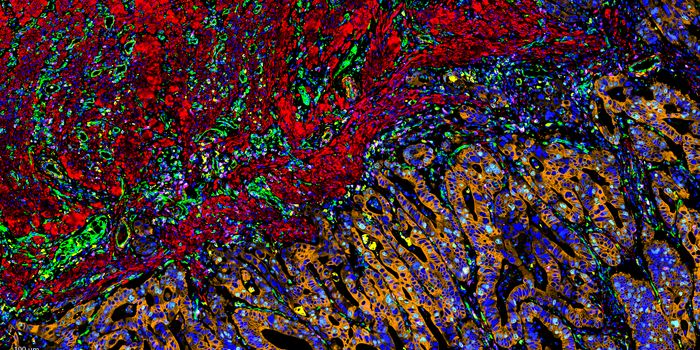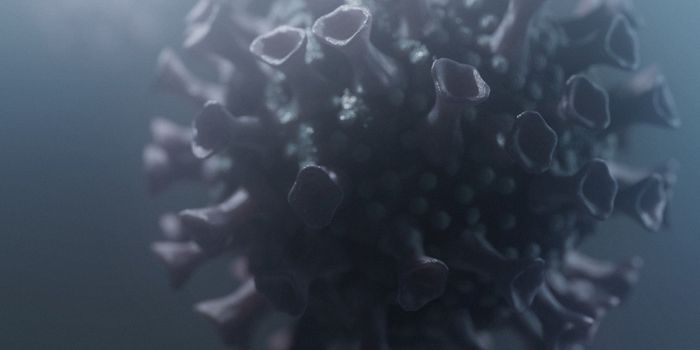Novel Cells Found to Drive Heart Failure Progression
Heart failure is a leading cause of death and disability. Unfortunately, this affects millions of individuals and their loved ones. Ineffective heart function can lead to shortness of breath, fatigue, swelling of the extremities, chest pain, rapid and irregular heartbeat, and others. Heart failure management includes combination therapies, lifestyle changes, and close monitoring of heart activity. In severe cases, surgery is needed to unblock arteries or implant a device to improve heart function.
A major focus to improve heart function is through lifestyle habits. Physicians recommend lifestyle changes, especially if there is family history of heart disease. In this case, heart-healthy diet rich in fruits, vegetables, whole grains, lean protein, and health fats are ideal. It is also recommended to exercise, maintain a healthy body mass index (BMI), not smoke, and manage stress levels. However, heart failure is not always preventable, and patients experience severe symptoms that need immediate attention.
Scientists have studied the way the muscle cells in the heart work to pump blood effectively, since these cells were thought to be solely responsible for heart failure. However, a recent article, demonstrates that fibroblasts, a cell found in connective tissue, also play a critical role in heart activity. A recent paper in Nature Cardiovascular Research, by Dr. Masaki Ieda and others, showed that cardiac fibroblasts can further promote heart failure. Ieda is Professor and Chair of the Department of Cardiology at the University of Tsukuba. His work investigates therapies for patients with heart disease as well as the biological mechanisms that dictate heart function.
Ieda and his team discovered that fibroblasts are used to promote deleterious changes in the heart. Researchers were initially surprised, thinking fibroblasts would support heart function. In reality, they secrete signals that disrupt cardiac muscle cells. To understand how fibroblasts drive dysfunction, the group analyzed patient samples and experimental mouse models. They found that a gene known as “Myc” is highly expressed in fibroblasts in the context of heart failure. Specifically, they identified a signaling pathway stimulated by Myc that influences cardiac regulation. Scientists reported that fibroblasts release proteins that weaken cardiac muscle activity, which leads to irregular heart rhythms. However, they found that blocking this fibroblast Myc signal can improve heart function in preclinical mouse models with heart failure.
Researchers validated these data in samples from patients with heart failure. Remarkably, the findings were similar to what was reported in mice. This study demonstrates the translational potential that opens the door for drug development. Since both cardiac muscle and fibroblasts play a role in heart failure, therapies targeting both cell types are crucial for successful treatment. Ieda’s work extends the current literature and suggests a multifaceted approach to improve the health of patients with heart failure. Unfortunately, medication can only help manage symptoms. Surgery is a permanent solution, but a drug that blocks the identified signaling in fibroblasts can have a more direct benefit in patients. More work is needed to verify clinical data and determine safe drug doses for patients. Overall, this work helps uncover another cell type implicated in heart failure that can provide insight into the development of enhanced therapeutics and improve patient health.
Paper, Nature Cardiovascular Research, Masaki Ieda, University of Tsukuba








